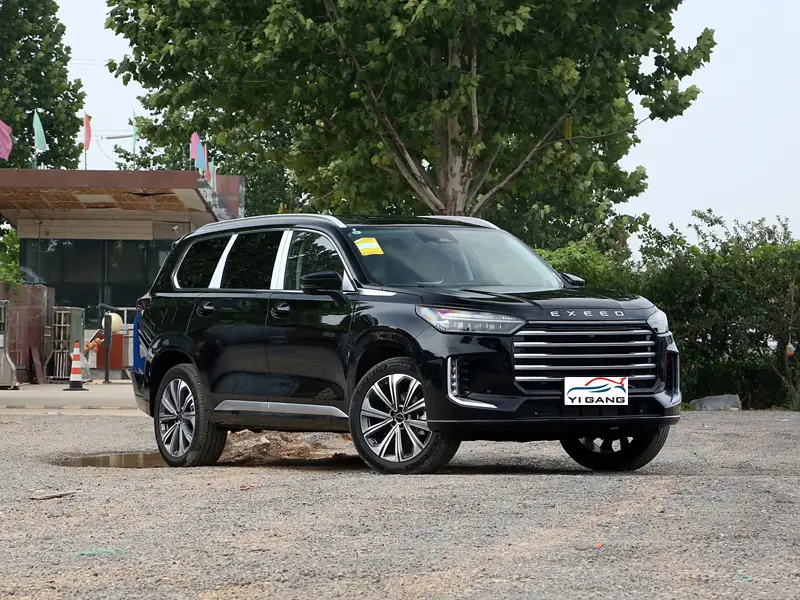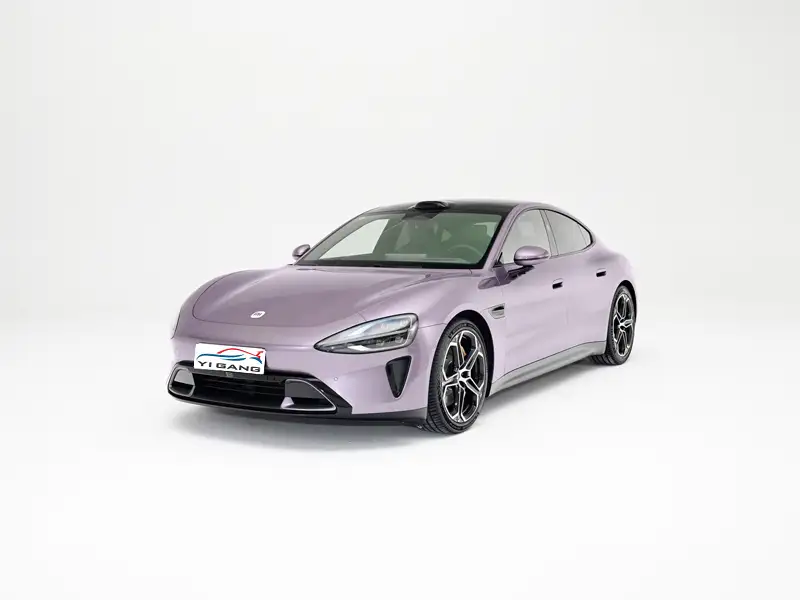Notizie
-

The 2026 Verdict: Are Electric Vehicles Better for the Environment? A Data-Backed Analysis
Leggi di piùAbstract The ascendant prominence of electric vehicles (EVs) in the global automotive market of 2026 has intensified the discourse surrounding their environmental credentials. A comprehensive evaluation necessitates a perspective that transcends the immediate benefit of zero tailpipe emissions, extending to a full lifecycle analysis. This examination scrutinizes the entire value chain, from the extraction of […]
-

Do Electric Vehicles Need Oil Changes, and What Does This Mean for Fleet Buyers?
Leggi di piùDo electric vehicles need oil changes? The short and definitive answer is no, battery electric vehicles do not require traditional engine oil changes. Unlike internal combustion engine vehicles, EVs operate without pistons, crankshafts, or combustion chambers that rely on engine oil for lubrication. For B2B buyers, fleet operators, and procurement managers, this difference fundamentally reshapes […]
-

What You Need to Know About Electric Vehicle Tax Credits: Are They Worth It for Commercial Buyers?
Leggi di piùYes — understanding what you need to know about electric vehicle tax credits is essential for commercial fleet operators, procurement teams, and financial planners because these incentives can significantly lower the total cost of ownership for electric vehicles (EVs). In many markets — especially the United States — federal tax credits can provide up to […]
-

Cos'è l'obbligo dei veicoli elettrici e perché è importante per le imprese
Leggi di piùIl mandato per i veicoli elettrici è un insieme di norme governative volte ad aumentare l'adozione di veicoli elettrici (EV) per ridurre le emissioni di carbonio e promuovere il trasporto sostenibile. Questi mandati spesso richiedono alle case automobilistiche di produrre o vendere una certa percentuale di veicoli elettrici entro un determinato periodo di tempo. Le aziende, in particolare gli operatori di flotte e le case automobilistiche, devono [...]
